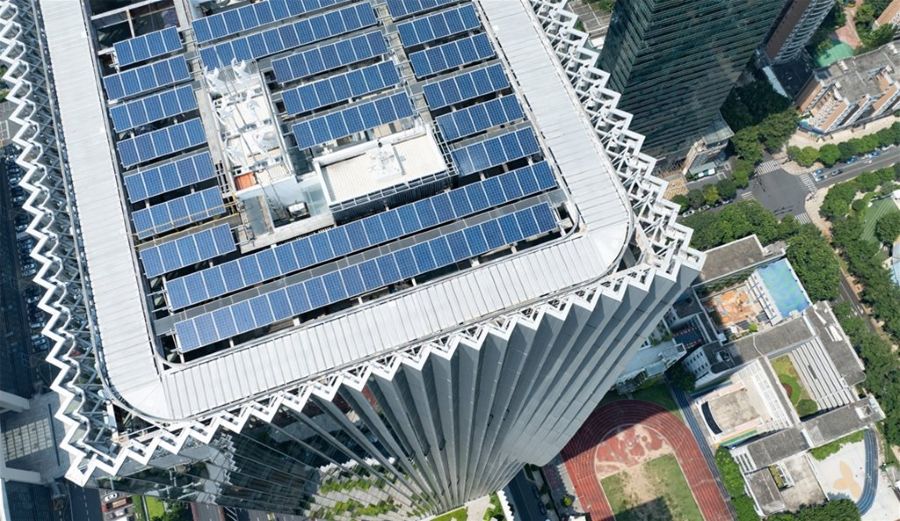Under the UK’s Climate Change Act, carbon budgets are the legal targets for UK greenhouse emissions over a five-year period.
At the end of a carbon budget, the Climate Change Committee must advise on the carry forward of any ‘surplus’, a facility which can be used to weaken later carbon budgets.
The Third Carbon Budget (2018 to 2022) was met with a surplus, assisted by the economy-shrinking effects of the pandemic. The Committee has written to Minister Graham Stuart, congratulating the Government for meeting its legal obligations, but advising unequivocally that surplus emissions must not be carried forward to loosen later carbon budgets.

At risk is the ambitious path that must be maintained if the UK is to meet its 2030 emissions reduction commitment, and later carbon budgets that are written in law.
“We congratulate the Government on meeting the latest emissions target – the Climate Change Act is working,” said Professor Piers Forster, Interim Chair of the Climate Change Committee. “But the path ahead is tougher and we risk losing momentum if future legal targets are loosened on a technicality. The UK is already substantially off track for 2030 and the Government must resist the temptation to take their foot off the accelerator.”
Achieving future carbon budgets will require a sustained increase in the pace and breadth of decarbonisation across most major sectors. Carbon Budgets One to Five were set when the country’s 2050 goal was to reduce emissions by only 80%. That commitment has been raised to Net Zero by 2050, in line with global climate goals. It is essential that an ambitious path of emissions reduction is maintained, increasing in pace over the next decade.
Carbon budgets are set by the Government on the advice of the Committee; this advice has always been provided on the basis that there would be no carry-forward of surplus. The aim should be to meet and outperform carbon budgets through strong actions to reduce emissions.
Recent UK decarbonisation has been driven by good progress in the decarbonisation of electricity supply, through a faster than expected phase-out of coal. Industrial emissions also fell due to reduced output. However, most of the surplus in the Third Carbon Budget period was due to external factors (notably an EU decision on the ETS cap and the impact of COVID). In most other sectors, such as transport and buildings, the UK is not on track and progress will need to accelerate rapidly.
Today’s advice is consistent with previous advice that surplus emissions from the First and Second Carbon Budgets should not be carried forward.




















